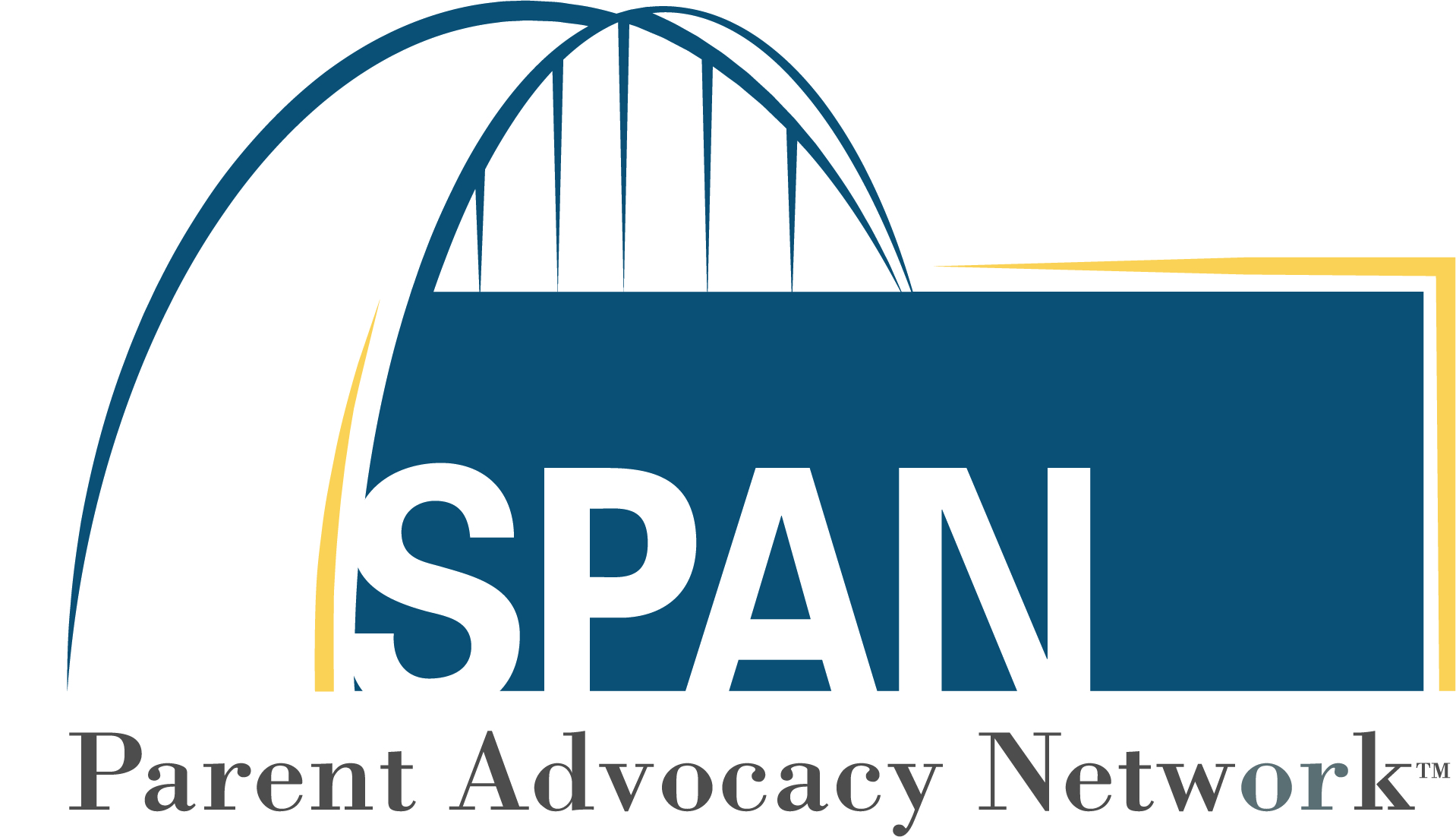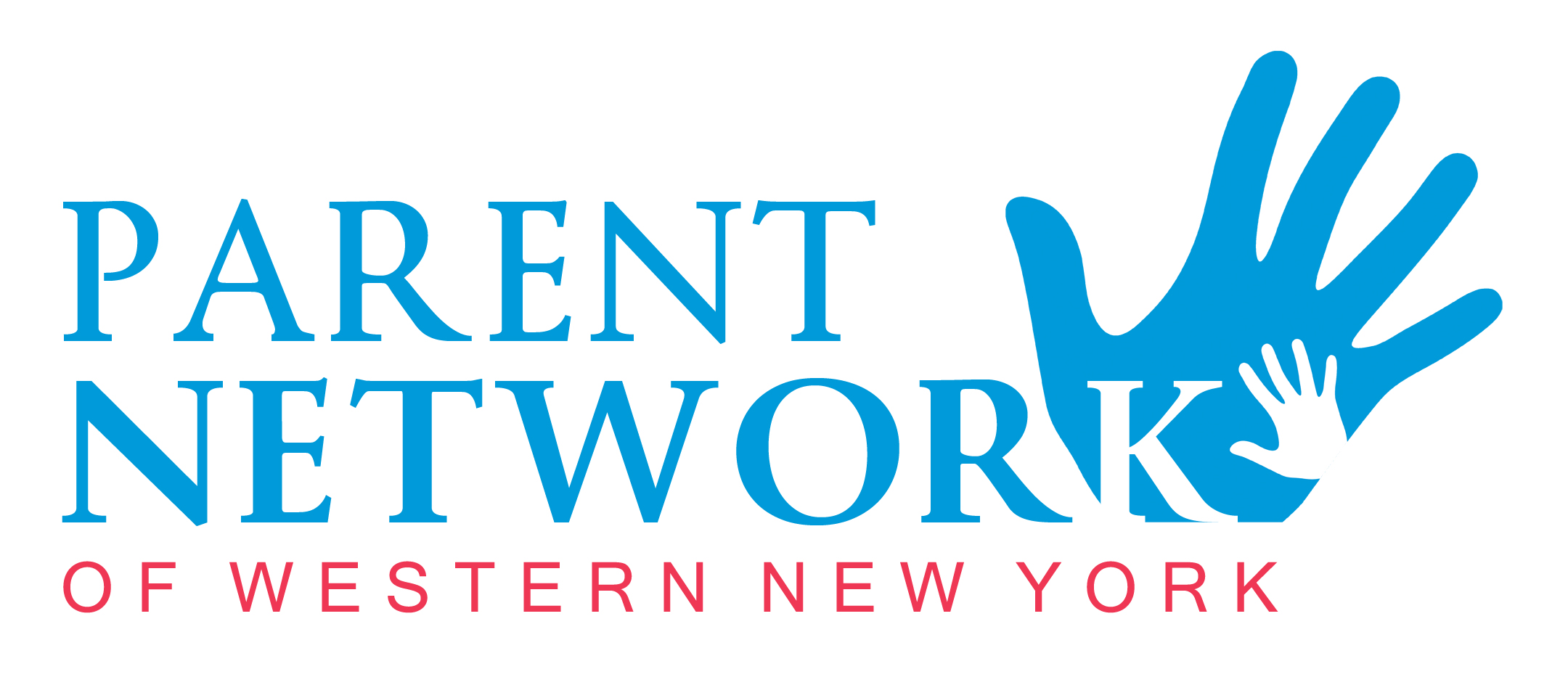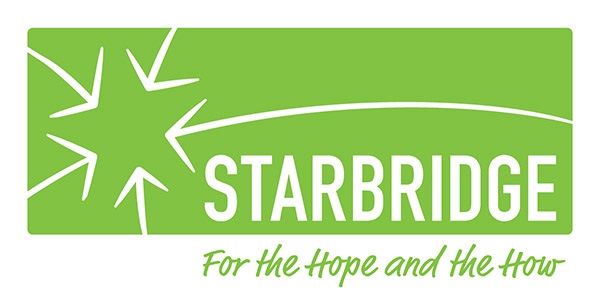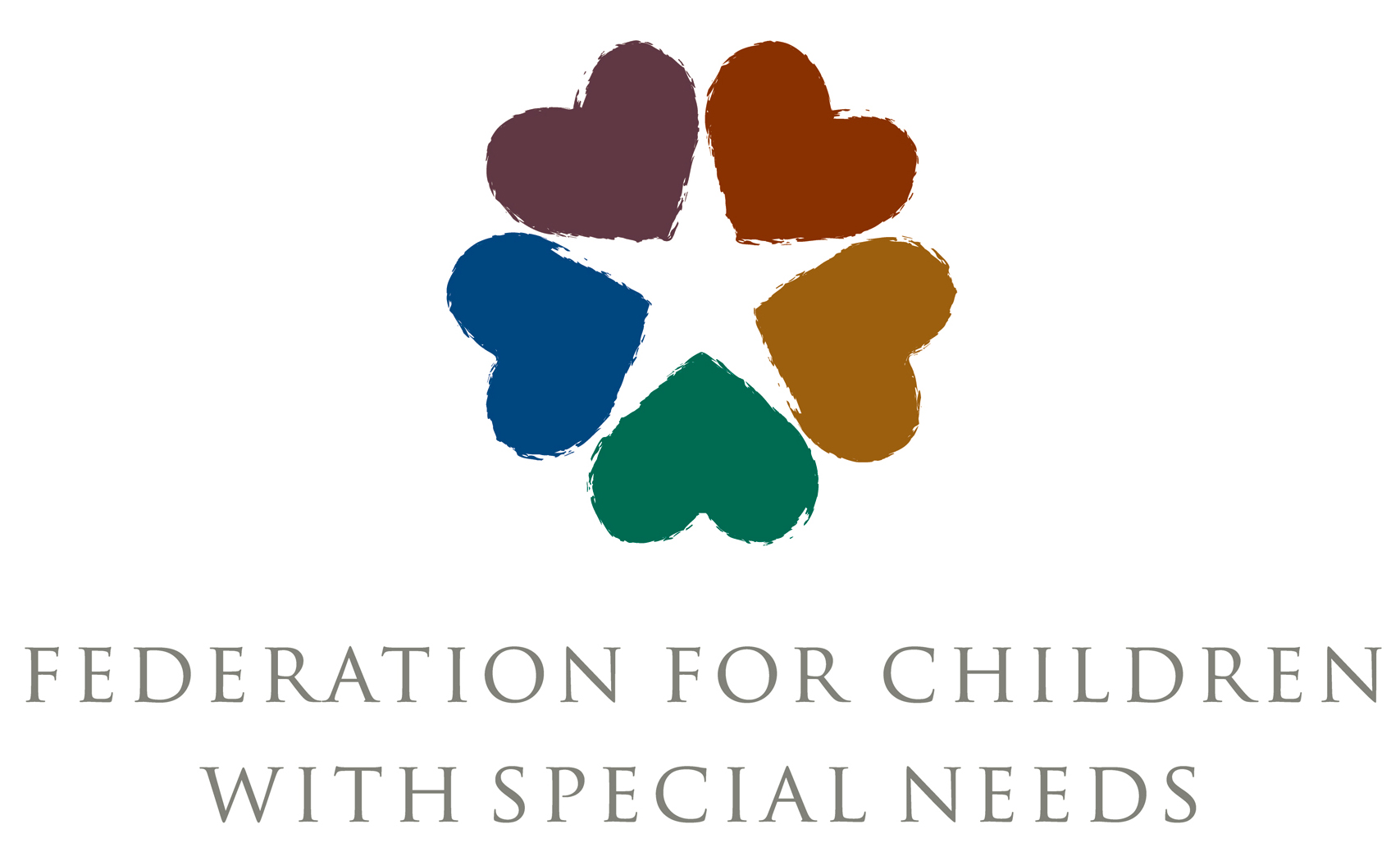REAL Transition Partners
Formally REACH For Transition
Resources for Employment, Access, Community Living, and Hope.
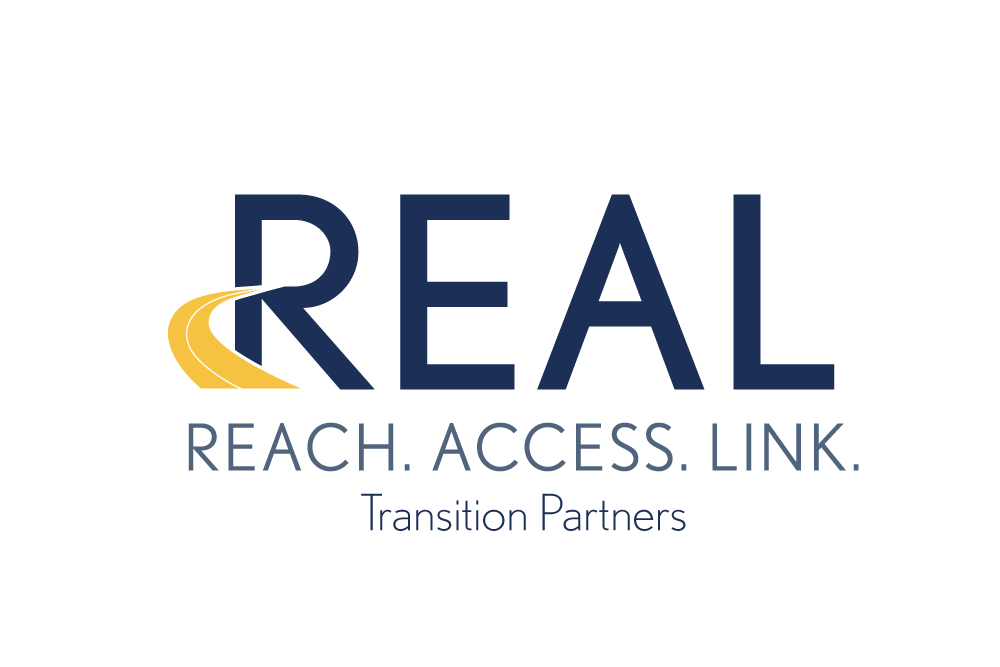
About Us / Our Programs / Capacity Building Programs → REAL Transition Partners
REAL Transition Partners is jointly managed by SPAN Parent Advocacy Network (NJ), Federation for Children with Special Needs (MA), and New York State Transition Partners (INCLUDEnyc, Parent Network of WNY, Starbridge). Providing information, training and technical assistance, and support to youth and young adults with disabilities and their families.
In Collaboration
REAL Transition Partners is a collaboration between 26 Parent Centers: Advocates for Children; AFCAMP; Advocates for Justice & Education; Apoyo a Padres de Niños con Impedimentos; Association for Special Children & Families; Community Inclusion & Disability Alliance; Connecticut Parent Advocacy Center; Delaware Parent Information Center; Disability Rights Center of the Virgin Islands; Federation for Children with Special Needs; Hispanos Unidos para Niños Excepcionales; INCLUDEnyc; INCLUYEnyc Community parent resource center; Long Island Advocacy Center; Mission Empower; Maine Parent Federation; New Hampshire Parent Information Center; PEAL Center; PNWNY (Parent Network of Western New York); Parents’ Place of Maryland; RIPIN (Rhode Island Parent Information Network); Sinergia; SPAN Parent Advocacy Network; Starbridge; United We Stand and; Vermont Family Network;
These Centers serve parents, youth/young adults with disabilities, and professionals. Additionally, Centers work with each state’s Vocational Rehabilitation, Centers for Independent Living, and other adult system partners represented on the project’s 22 member Governing Board.
Transition Services
REAL provides a variety of innovative and responsive services, support, and information that enables youth and young adults with disabilities and their families to:
- access information about the Rehabilitation Act (RA)
- navigate multiple programs and service systems
- actively participate in the development of useful, relevant, and meaningful plans for independence
- collaborate with transition professionals as leaders to help youth impacted by disability achieve their goals
These services:
- are designed with and involve diverse youth/young adults with disabilities and their families
- highlight the region’s strengths and collaborative spirit, and evolve as needs and contexts change
- occur through a regional Community of Practice that enhances participating Parent Center capacity, reach, and partnerships around transition and adult service systems
Current Transition Webinars
Transition Webinars
Understanding Alternatives to Gushiardianp/English caption/Spanish Translation
More Information
Useful Links & Websites
Administration for Community Living | Helping people with disabilities and older adults live at home and participate in communities with the supports they need
Rehabilitation Act | Defines and explains the Rehabilitation Act, which replaced the Vocational Rehabilitation Act
Rehabilitation Services Administration | Provides leadership and resources to assist state and other agencies in providing vocational rehabilitation (VR) and other services to individuals with disabilities to maximize their employment, independence and integration into the community and the competitive labor market.
Workforce Innovation and Opportunity Act | WIOA is designed to strengthen and improve the nation’s public workforce development system by helping Americans with barriers to employment, including individuals with disabilities, achieve high quality careers and helping employers hire and retain skilled workers.
Summary of NJ’s Medicaid Managed Care Changes | Questions and answers on the different ways to initiate the Medicaid eligibility process
SPAN’s Youth Empowerment Page | Access resources on self-advocacy and the youth leadership voice
Being a Healthy Adult: How to Advocate for Your Health and Healthcare | Developed by the Boggs Center — A guide for young adults that includes frequently asked questions and a series of activities to use to become an effective advocate, especially when you have special health care needs. PDFs and MP3 audio files available in English and Spanish.
Transition Tip Sheets for Teens | English / Spanish
These fact sheets, in English and Spanish, provide useful tips for teens with special needs and their parents on transition processes and resources.
My Health Passport | Teens with special needs can use this form to share important information (including medical history, medications, allergies, how the youth communicates, how they deal with pain, medical procedures, etc.) with medical care providers when they visit a doctor’s office or clinic, or stay in a hospital. Two-sided PDF in English and Spanish.
Transition to Adult Healthcare: NJ Action Blueprint | Developed by the Boggs Center University Center of Excellence on Developmental Disabilities in collaboration with the NJ Developmental Disabilities Transition to Health Care Forum (including SPAN and other members of NJ’s Community of Care Consortium for CYSHCN) — Provides an overview of the barriers and recommendations to achieve patient-centered medical care for emerging adults with disabilities.
Understanding NJ Children System of Care and How it Serves Children (under 21) | PerformCare connects young people and their families statewide to the care they need to be well.
Division Developmental Disabilities and Services for Adults (21 and over) | DDD provides public funding for services that assist New Jersey adults with intellectual and developmental disabilities, age 21 and older, to live as independently as possible.
Healthcare Financing Fact Sheet Series | A multilingual series of one-page fact sheets on NJ resources to finance needed healthcare for children with special needs, including Medicaid, NJ Family Care, Catastrophic Illness in Children Relief Fund, etc.: English / Korean / Portuguese / Russian / Spanish
Healthcare Advocacy Across the Lifespan: What Parents of Children with Disabilities Need to Know | This guide summarizes information on education, health, human services, early intervention, and other agencies that help children with special healthcare needs and their families.
Self-Determination & Supported Decision-Making | Information about shared/supported decision-making options in place of guardianship
National Gateway to Self-Determination | A clearinghouse for resources, training, and information on promoting self-determination
Working with Adult Allies | Webinar from the Autistic Self-Advocacy Network (ASAN) explores how youth self-advocates and adult allies can collaborate effectively
Sharing Your Story for a Public Policy Purpose | Webinar from the Autistic Self-Advocacy Network (ASAN) explains how to use personal stories for advocacy in different situations
Participating in Advisory Groups | Webinar from the Autistic Self-Advocacy Network (ASAN) on what youth self-advocates need to know in order to serve on boards and other groups
Leadership is a Journey: A Series for Youth Self-Advocates | Webinar series from National Center for Family/Professional Partnerships (NCFPP) in collaboration with the Autistic Self-Advocacy Network, Kids As Self-Advocates, and Youth MOVE supports the identification of leadership as a journey and support understanding and learning in key leadership development area
Starting and Sustaining a Youth Advisory Board Series | Webinar series for organizations that seek to develop a youth advisory board
TESTIMONIALS
What Our Families Say
Parents, youth, young adults, and professionals all need information, training, and support to make effective transition to a meaningful and productive life a reality. By combining resources and learning from each other, the nine Parent Center partners in this project will make a real difference for youth and young adults who are differently-abled in the Northeast US.
US Department of Education Office of Special Education and Rehabilitative Services–Rehabilitation Services Administration (US DOE OSERS RSA). The contents of this website were developed in part under a grant from the US Department of Education, #H235F140009. However, the contents do not necessarily represent the policy of the US Department of Education, and you should not assume endorsement by the Federal Government. Project Officer, Tara Jordan.

